A new 3D-printing technique makes rapid self-tests based on lateral flow technology less expensive and easier to scale.
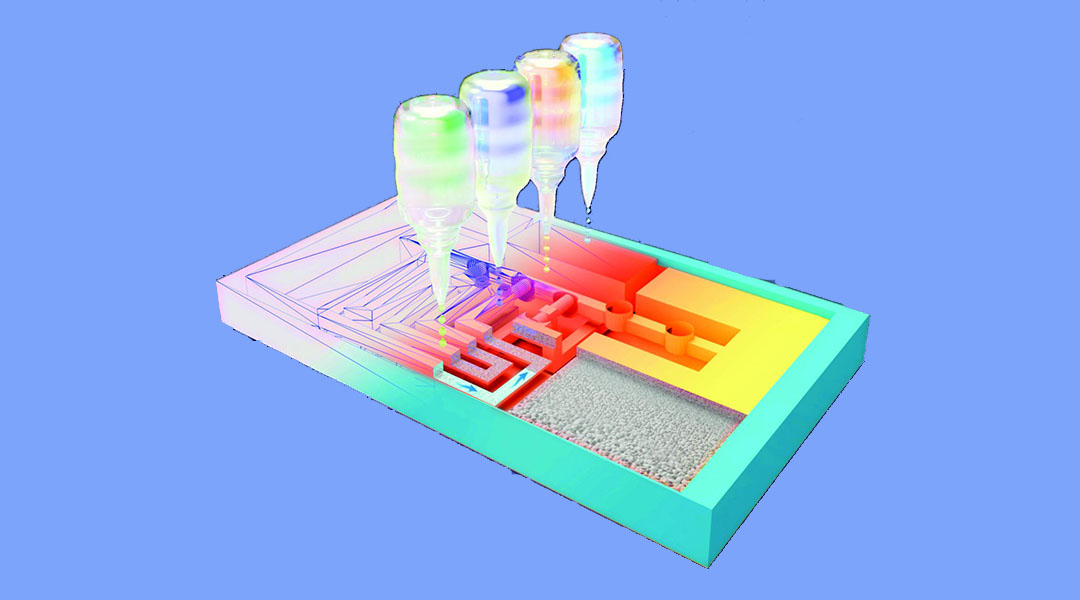

A new 3D-printing technique makes rapid self-tests based on lateral flow technology less expensive and easier to scale.

A team of scientists are making skin cancer recovery surgeries safer using a material hydrogel that mimics natural cartilage.
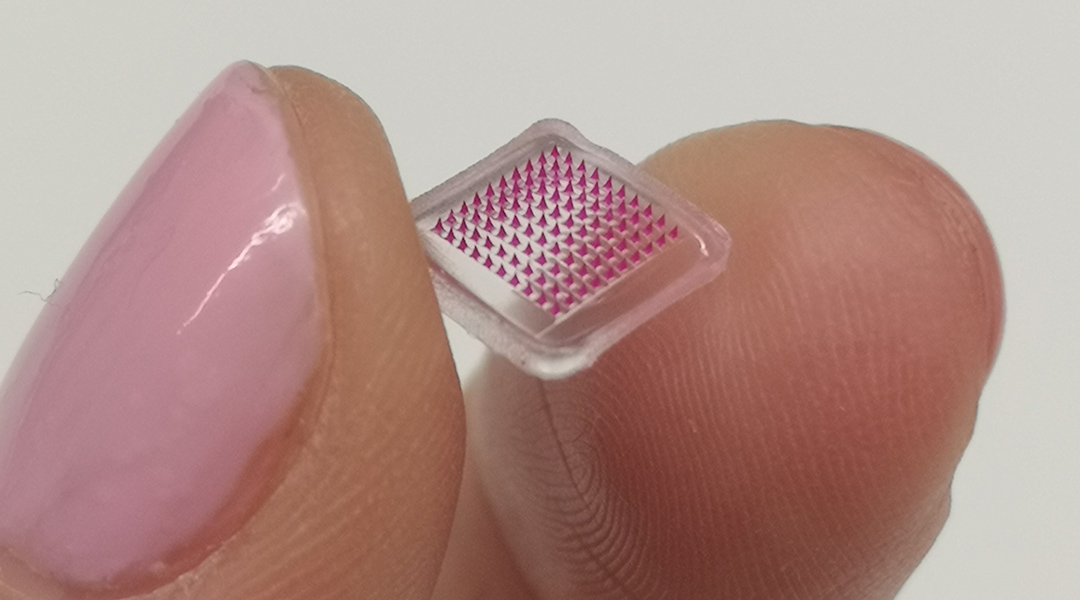
A microneedle patch that delivers antibiotics directly into the affected skin area could help treat deadly bacterial infections.
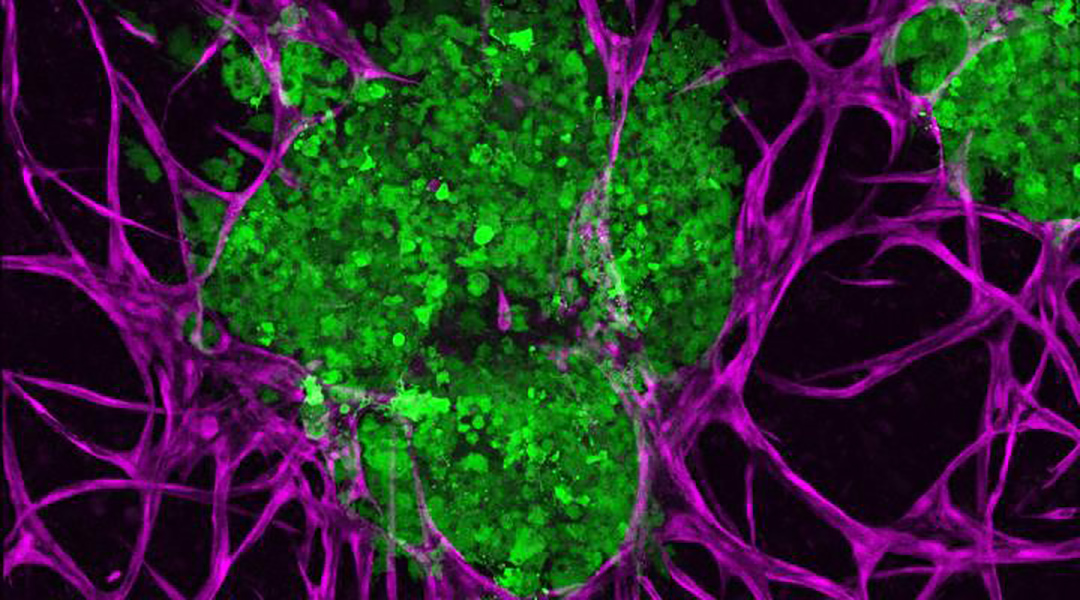
A prototype platform allows researchers to culture and study tumor growth in new detail.
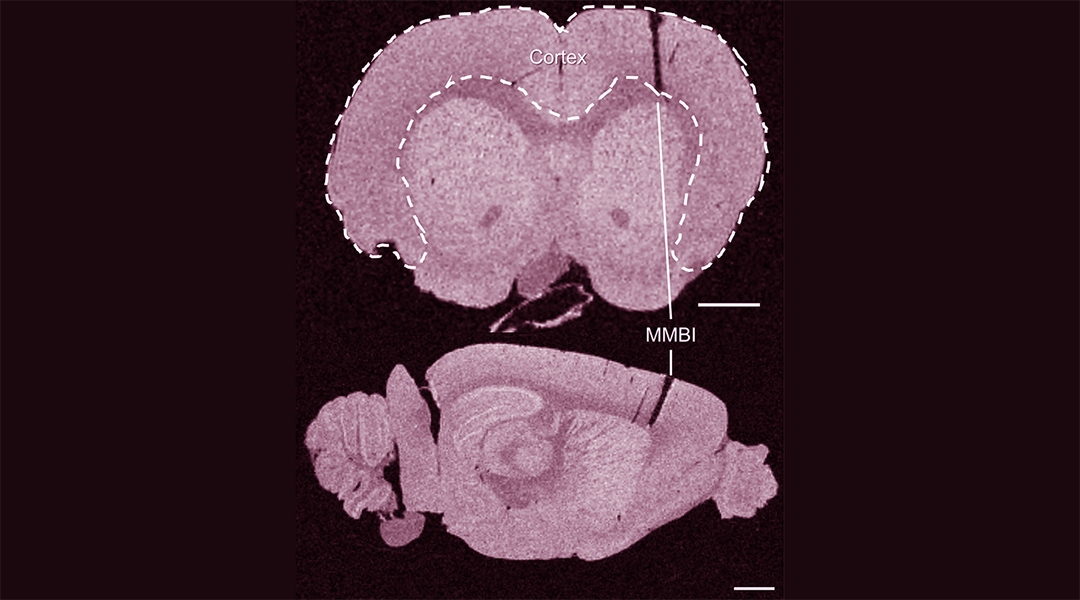
Pudding-like implants with a sugar-based delivery system show promise in reducing the foreign body response against brain implants.
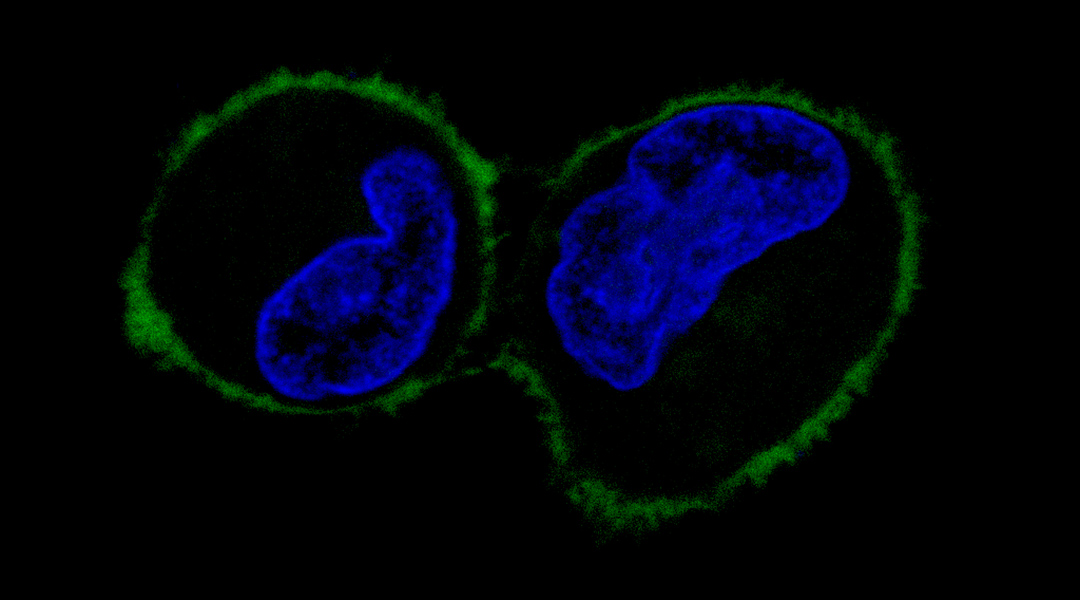
Polypeptides that selectively induce calcification of cancer cells could improve early detection and limit the progression of lung cancer.

In this study, a drug to treat Parkinson’s disease is linked to a molecule that enables it to better penetrate the brain.
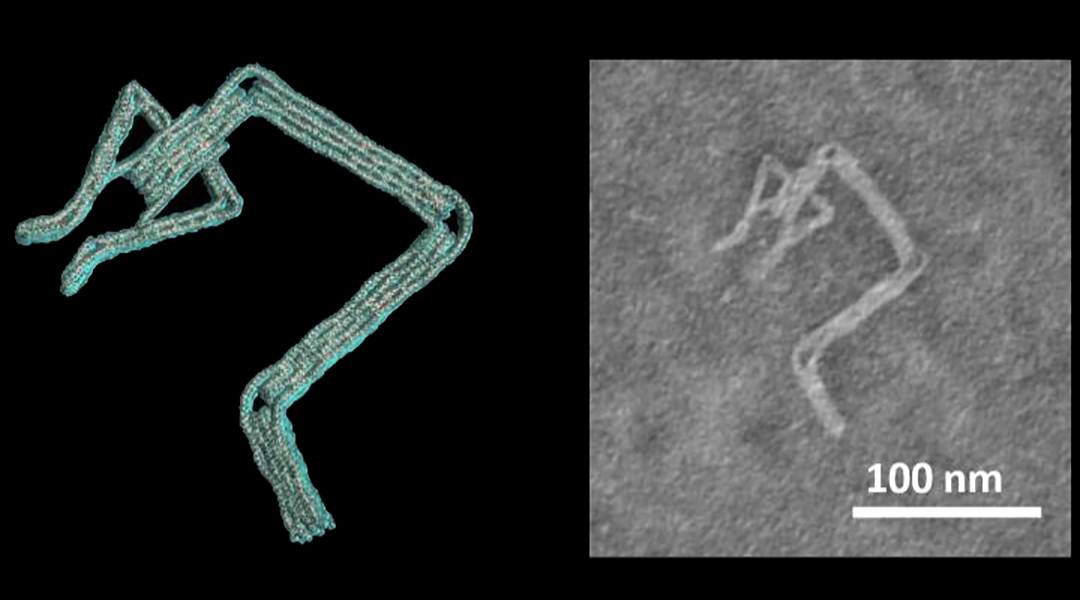
New software allows researchers to create complex structures from DNA, such as robot arms with claws and nanometer-sized airplanes.
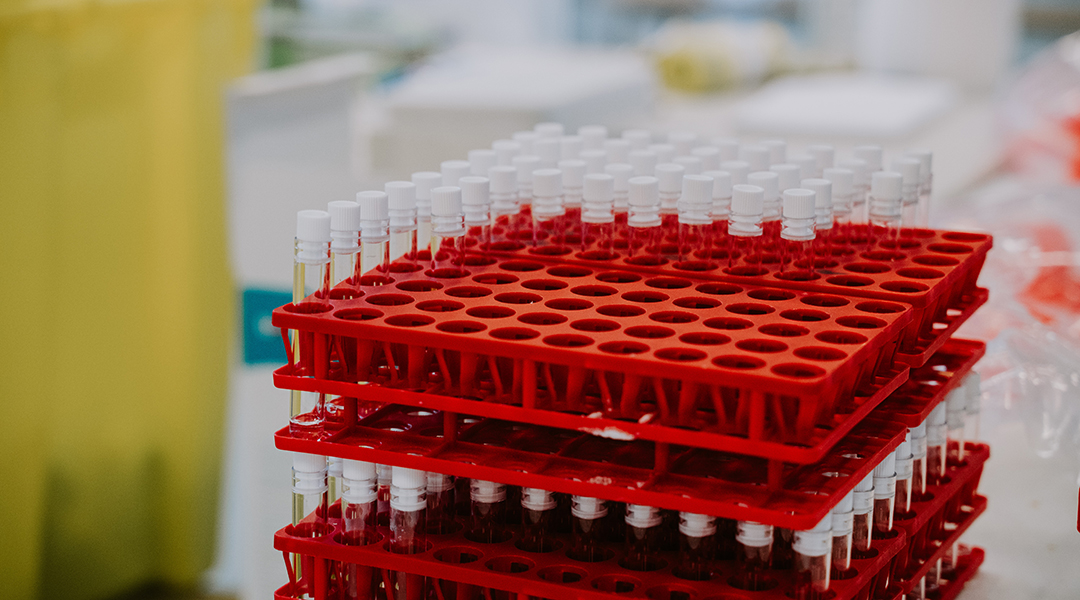
Assays using pseudoviruses have been indispensable in our efforts to halt the current pandemic.
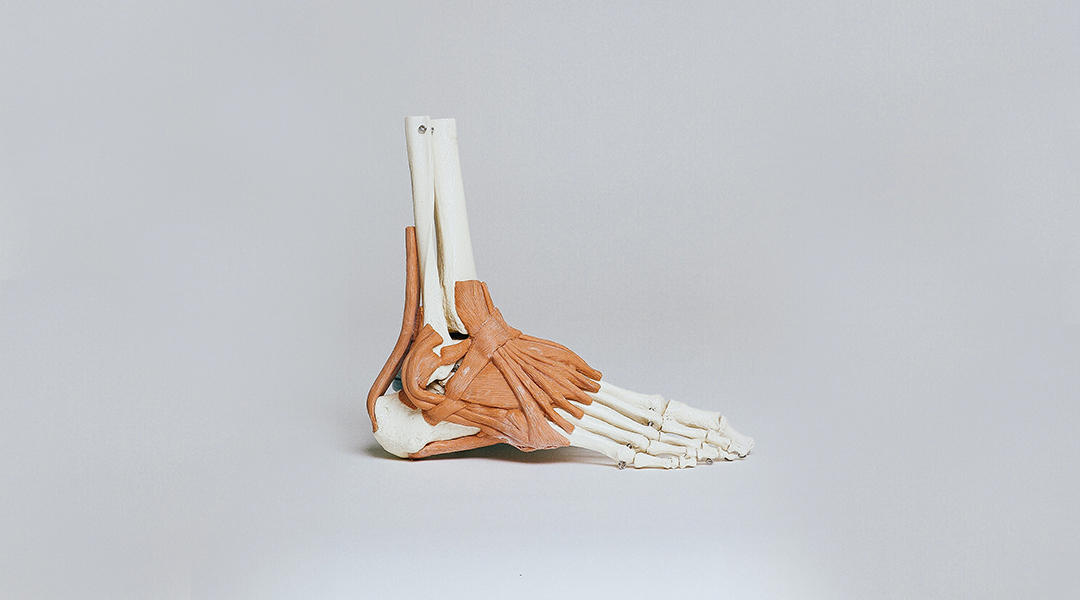
Micropillar arrays using UV nanoimprint lithography essentially trick cells to become bone.